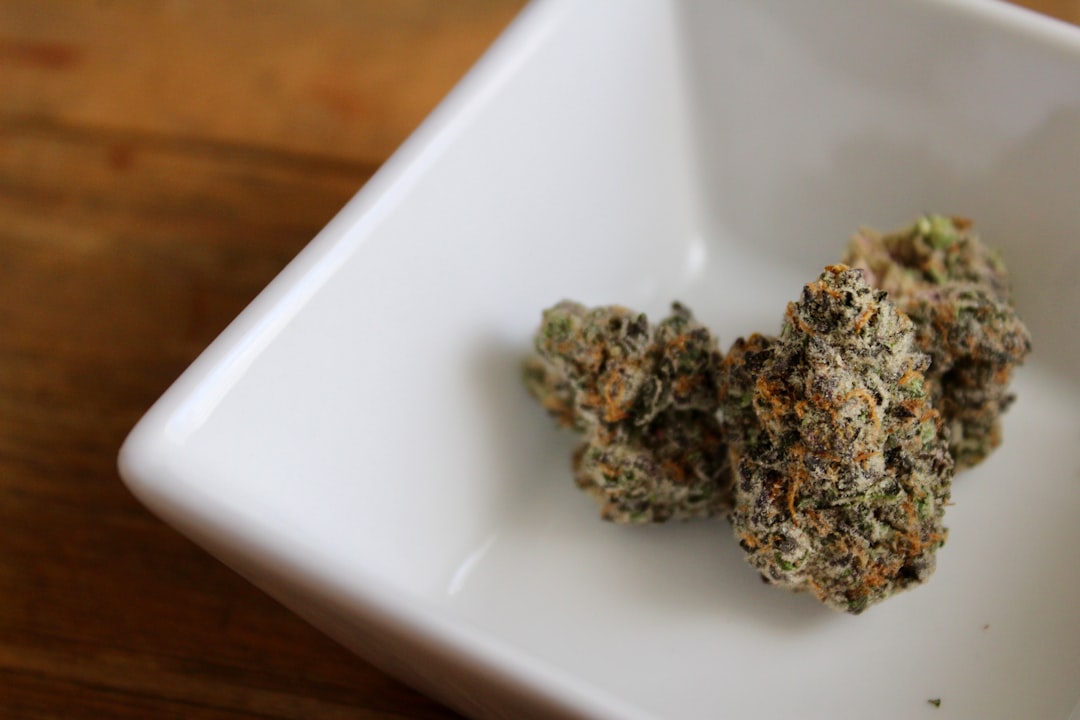What is it about?
Positive Behavioral Interventions and Supports (PBIS) is a widely used approach in schools that focuses on prevention, teaching and acknowledging appropriate behavior, and using progress monitoring to assess fidelity and impact on outcomes. This study looks at the adaption of PBIS to a child and adolescent psychiatric inpatient unit. The goal of the approach is to create a unit that is positive, preventative, and predictable thereby decreasing the use of restrictive interventions (e.g., seclusion).
Featured Image

Photo by Andrew Neel on Unsplash
Why is it important?
It is critical to create treatment settings that minimize the use of seclusion and restraint given the articulated negative outcomes associated with these methods. The study shows that PBIS is a promising intervention to use in youth psychiatric inpatient units to reduce seclusion and restraint and PRNs.
Perspectives
Children and adolescents requiring inpatient psychiatric treatment are a vulnerable population. It is critical for treatment settings to provide high-level, compassionate care, grounded to an evidence-base.
Elizabeth Reynolds
Johns Hopkins University
Read the Original
This page is a summary of: Use of Modified Positive Behavioral Interventions and Supports in a Psychiatric Inpatient Unit for High-Risk Youths, Psychiatric Services, May 2016, American Psychiatric Association,
DOI: 10.1176/appi.ps.201500039.
You can read the full text:
Contributors
The following have contributed to this page










